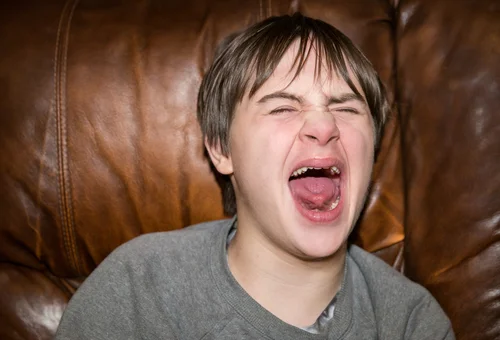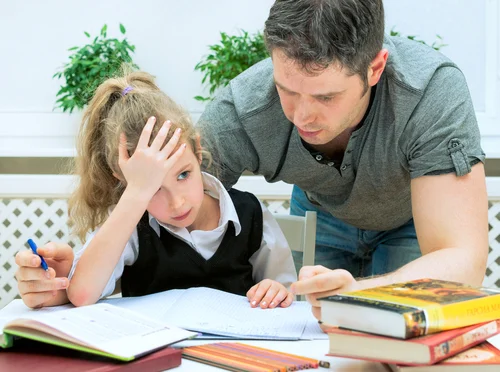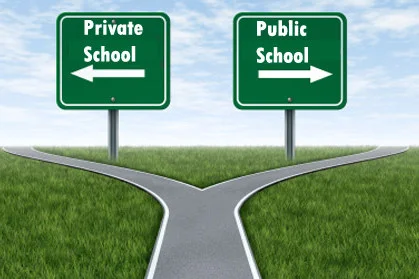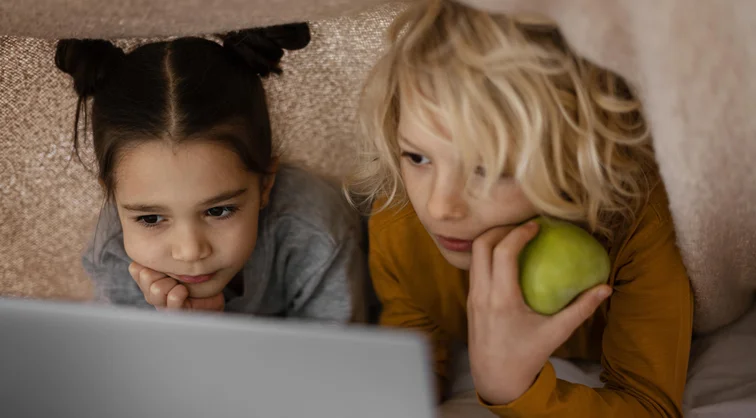+1 845 259 2974 (11 a.m to 7 p.m CST)
Kids and Friendships: Cross-ethnic, Interracial Bonding Does Matter
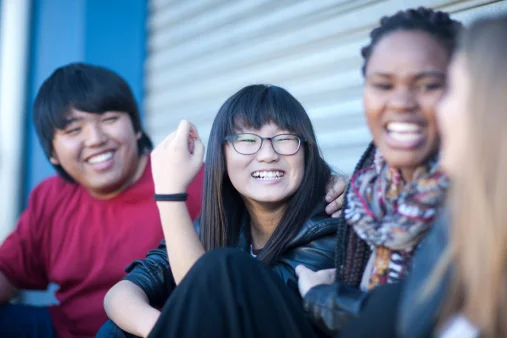
The population of kids continues to grow more diverse in the United States, which in turn has led to an increase in social interaction among different children belonging to different racial and ethnic heritage in schools. Adhering to the notion that feathers of a bird flock together, children are often seen to be pretty picky when choosing friends, preferring to go with peers of similar background. This can hardly be considered a healthy social behavior. A recent study has found that cross-ethnic and interracial friendships contribute to a healthy mental development of kids, making them feel safer, less lonely and less vulnerable.
Cross-ethnic and interracial friendships among kids
Diversity in friendships has far more to offer to kids than a homogenous social circle. A recent study by researchers at the University of California Los Angele and the University of Groningen in the Netherlands linked multiracial friendship to mental development of kids. Studying a sample comprising of 536 Latino and 396 African American youth from 66 classrooms in 10 urban American middle schools, the researchers learned cross-ethic friendships help in making kids feel less victimized, less lonely, safer, and basically less vulnerable in general. The study also discovered that cross-ethnic friendship is on the rise among kids with the classrooms getting more diversified, a positive sign indeed. However, this trend is not very consistent. Pica-Smith’s study “Children Perceptions of Interethnic and interracial Friendships in Multiethnic School Context” and CNN’s report “Kids on Race: The Hidden Picture” found that kids of color are more receptive to interracial friendships that their white counterpart, a trend that clearly needs to be changed. It was also discovered that girls are more tolerant than boys to diversity in their ranks.
The importance of encouraging diversity in friendships
With the classroom composition becoming increasingly diversified, the need to study social interaction among kids of different ethnic and racial groups and encouraging acceptance and friendships has grown extremely important. Several benefits to cross-ethnic and interracial bonding have been identified. It has been observed that kids holding cross-ethnic friendships have higher self-esteem and social competence. They tend to exhibit a more positive attitude towards difference races and ethnicities as well. Leadership skills were also seen to be far more common in such children than those who had a somewhat conservative social approach.
A job for parents and educators to do
In order to ensure a healthy mental growth of kids and help them become good human beings free of ethnic and racial bias, parents and educators need to become quite active. In order to instill tolerance and respect for different ethnicities and races in kids, parents should expose their young ones to different cultures. It is also important to encourage children to avoid discrimination and forming or expanding their social groups. The best way to instill this attitude is by setting an example for the kids to follow. This involves bringing home friends with a different background. Parents and educators need to explain to children that the true purpose of culture is to create identity, not to create a divide among people. Educators need to focus on creating an atmosphere of acceptance in school. They need to realize that diversified classroom composition can play a facilitative role in encouraging friendships among kids of different backgrounds. Many schools use academic tracking to divide kids on basis of their skills, intellect, abilities and goals. This should be avoided if racial and ethnic tolerance is to be promoted.
Parents and educators must realize that encouraging cross-ethnic and interracial friendships among kids don’t just benefit them, but contributes to tolerance and respect within the entire society.


